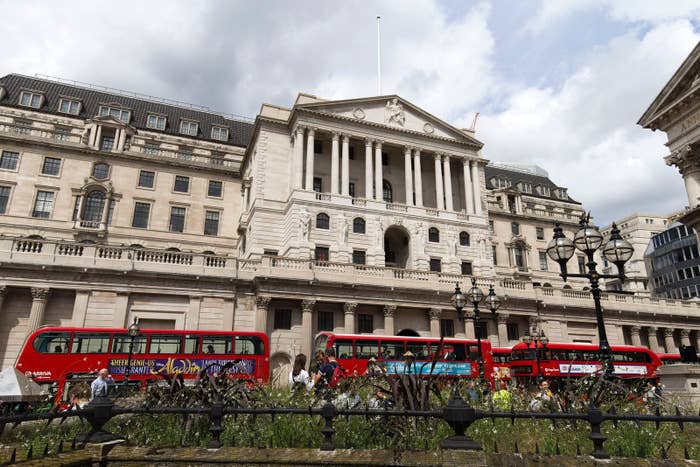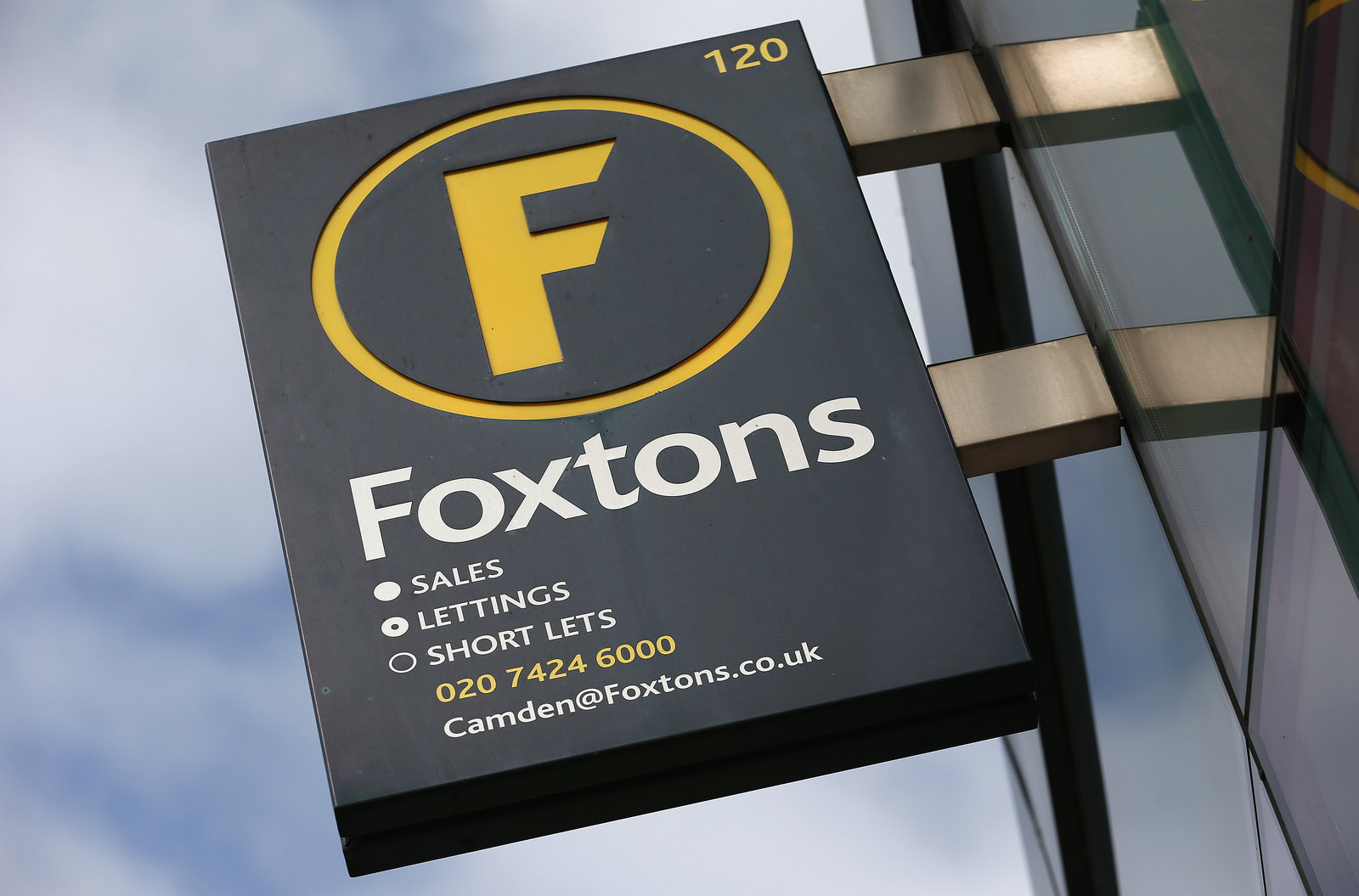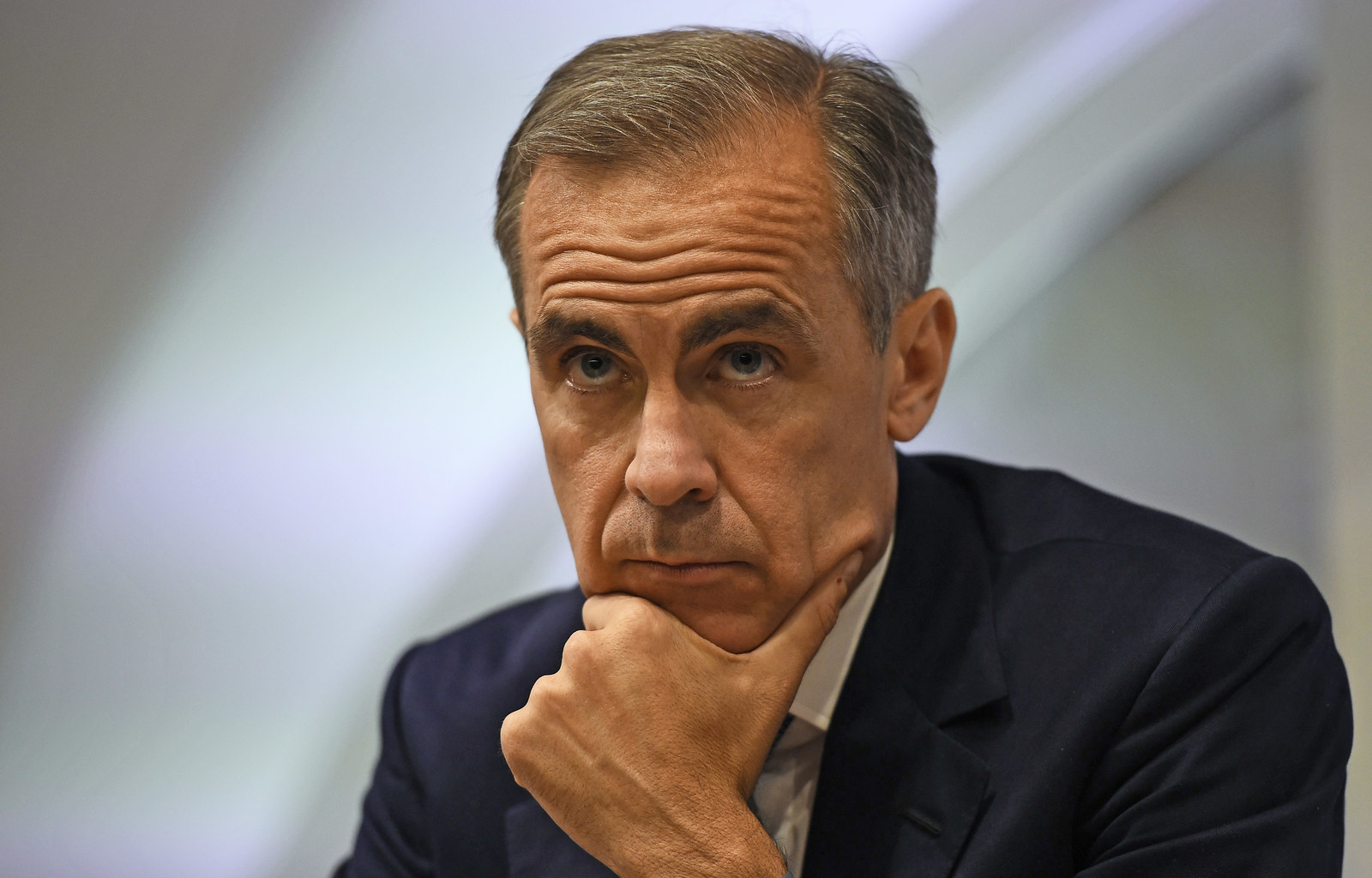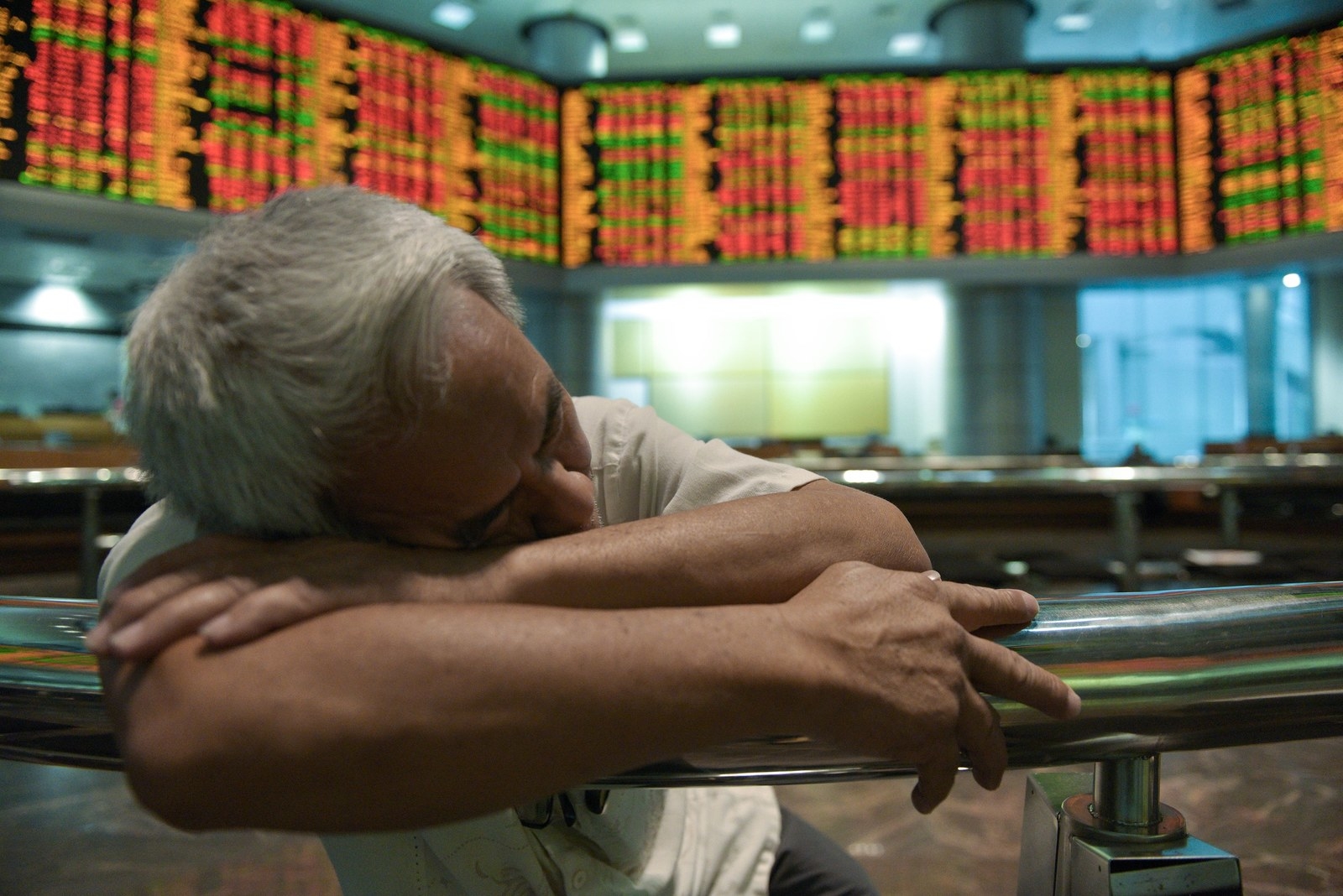
Good news: The economy is saved! Well, not quite.
The Bank of England has cut its base interest rate from 0.5% to a historic low of 0.25%, the first change since 2009, in the hope of encouraging spending and stimulating the economy.
The Bank, which is in charge of setting the interest rate and is independent of the government, is trying to shore up the country's economy after a wobbly few weeks following the EU referendum, in which various surveys have shown diminishing confidence among big business players.
Economists are split on whether there will be a recession in 2017, but the overall outcome is Not Good.
As well as cutting interest rates, the Bank is also expanding its £375 billion quantitative easing programme to £435 billion, which essentially means printing lots of money to buy up financial assets, flooding the market with more money, which in theory means there's more money to lend to ordinary people.
£10 billion will also be spent on corporate bonds (basically, the bank buying stakes in various companies).
MPC vote to cut #BankRate to 0.25% and for a package of measures designed to provide additional monetary stimulus
But what will this big, important, really, really boring news mean for you?
Not a lot, in the short term.
If you're lucky enough to have a mortgage (at a time when a mountain of research has shown that under-35s are effectively locked out of homeownership) you will save a very small amount, for some as little as £22 a month.
People with interest-only mortgages linked to the Bank’s base rate will do better, but not by much.

For the rest of you renting, your landlord could also benefit from the cuts to rates because their mortgage (which you're paying off) may be cheaper. But don't expect a call from your landlord saying your rent has been lowered.
And for anyone saving up for a deposit, any interest you were getting is now going to be even less than before.
The rate cut is so small, and it was so low anyway, it's unlikely the benefits will be passed on to consumers – although Santander was quick off the mark and announced a mortgage rate cut within minutes of the decision.
Economists will be gushing today about how important this all is, pumping out charts like this to explain it. Here's one about how the pound could be affected.
This chart shows what will happen to the pound if the Bank of England cuts interest rates https://t.co/xUwjKPr2J1
The British Bankers Association's chief economist, Dr Rebecca Harding, told BuzzFeed News why we should all be a bit more excited.
She said: "Economics sounds boring to most people, but it’s everything we do. That’s why we have to care and be interested.
"The bank has very limited tools at its disposal. All it can do is cut interest rates or pump money into the economy.
The Bank of England growth downgrades are big. It had expected GDP increases of 2.3% in 2017 and 2018. Now +0.8% and +1.8% respectively
"The reason why the Bank of England is doing this is because they want to take a 'whatever it takes' approach to make sure there is financial stability in the economy to make sure the money is there for people to borrow.
"The Bank wants to position itself to say, 'Look, we’re on your side and understand the difficulties.'"
So, it's all about control. (And maybe a bit of arse-covering, to show the Bank is doing something. Anything.)

If you want to try to understand what it all means, essentially, the Bank hopes that by cutting interest rates it will cheer up bankers in their Canary Wharf skyscrapers.
They will instantly benefit from the cut, because they will get a better rate for parking their cash in the central bank overnight – this is known as the official Bank rate, “base rate”, or just “the interest rate” in everyday language.
Those banks, the kind that might lend you money to buy a house, use the Bank rate as a guide for the interest they should charge customers for their products, normally expressed as an annual percentage rate (APR).
Pound falling in response to the Bank of England's measures...
High street banks don’t have to change the interest rates they charge as a result of the Bank rate changing, however. Let's see how many offer a cut immediately.
And it also doesn't mean banks will necessarily start lending more money – especially since they don't want to get into the trouble they were in in 2008 when banks lent too much money to people who couldn't afford to pay it back.
Bank shares will probably rise though – which also helps the bank bosses because their bonuses are usually linked to how the share price is doing.
Big stuff from the @Bankofengland today. Here are the key facts you need to know:
Mark Carney, the smooth-talking Bank of England governor, will probably use the word "confidence" a lot.
He hopes that the interest rate cut will improve confidence in the City – and encourage more banks to lend to businesses, so they can grow and stimulate the economy.
The economic indicators we have had show that the construction, services, and manufacturing industries have all suffered.
But a bunch of economists wrote to The Guardian on Thursday, warning that a cut would be a bit pointless.

They think cheap credit and low interest rates can’t help the UK prevent a possible recession and are instead calling on the Treasury to sanction cash handouts to households and business, to boost spending and get the wheels of business spinning a bit faster.
Even big businesses don't reckon the cut will make much of a difference. A survey last month of the country's top chief finance officers found just 3% reckon a cut will make a difference. And 6% said pumping extra cash into the economy will be helpful.
Harding added: "The Bank of England is trying to make people say, 'Look, we’re in control here, we know what we’re doing.'
"It’s really interesting because what we’re watching happen at the moment is something we’ve never seen happen before. Whatever happens over the next few months is going to define what happens to jobs, what we buy in shops, what price we pay, and how and where we go on holiday."
So, while you hear everyone saying just how important all of this is, remember this – it is important, just deeply, deeply boring.

